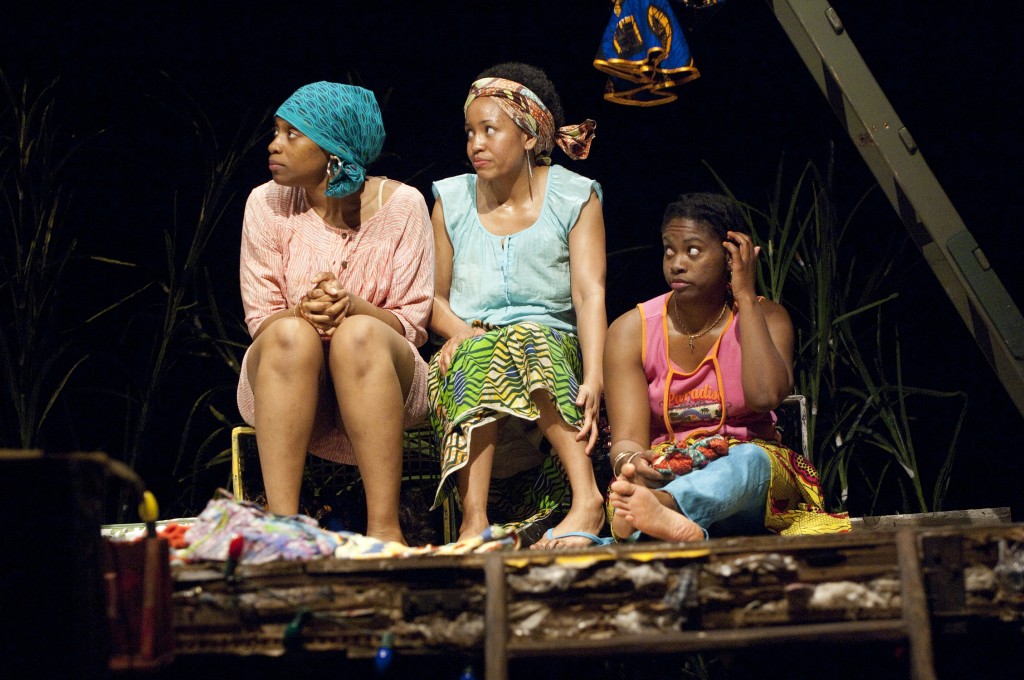
By Bob Hicks
Art Scatter, despite its name, is mostly about pulling things together. We examine the daunting scatter of incident that is contemporary culture — this endlessly broad turmoil of emotions, beliefs and events — and gather them together, looking for patterns, similarities, fragments of coalescence. Out of chaos, we seek structure and story. We do this for you, our readers, but also for ourselves, because story, we’ve come to believe, is how we make sense of the subterranean roil of chaos that is life.
Maybe that’s why the Oregon Shakespeare Festival has become an annual touchstone in our lives. Mr. Scatter first came to this company, many years ago, as a professional observer. He’s stuck with it, gradually becoming friend, admirer, devil’s advocate, occasional scold, and in his own small way, participant — as are all who feed the festival with their time, money and attention. Whatever its faults, the festival believes in story, and in the essential wrestling with chaos that story represents: the quest to wrest comprehension from the incomprehensible.
Ah, but how to make sense of a glorious day of theatergoing that begins with the iron filigree of Jane Austen’s Pride and Prejudice and concludes with the hellfire and brimstone of Ruined, Lynn Nottage’s corrosive drama of Congolese warfare and rape? How, that is, besides the minor comparisons of stagecraft, plot, style and technique (all of which, in both productions, are admirable)? These are two peas that at first, second and even third glance do not appear to come from the same pod.
Your Honor, we call to the witness stand Aretha Franklin and Rodney Dangerfield.